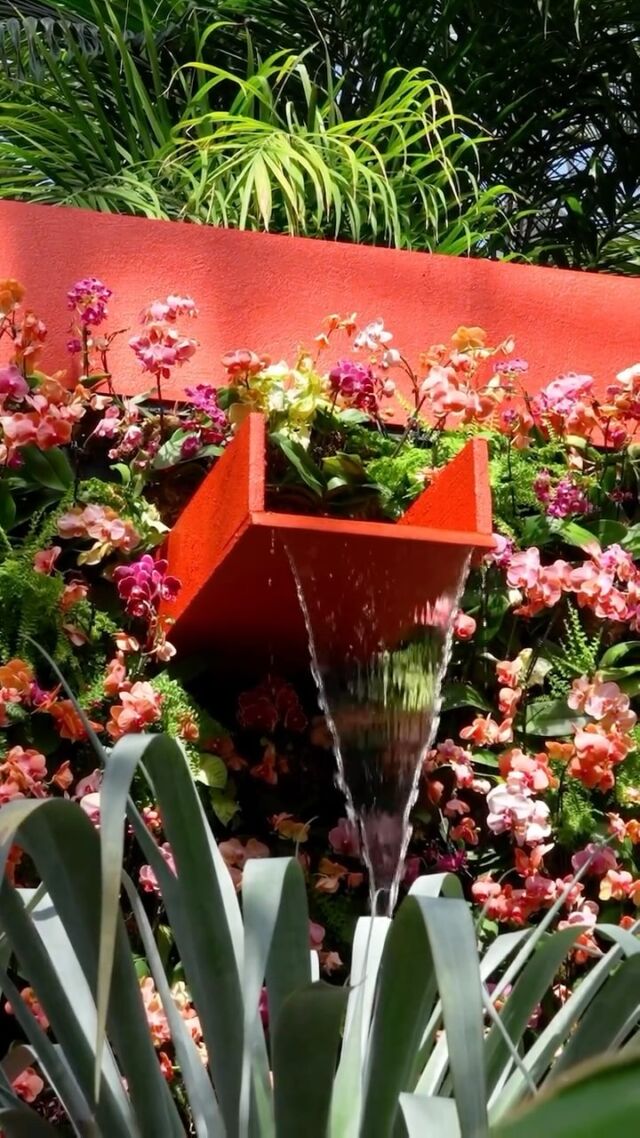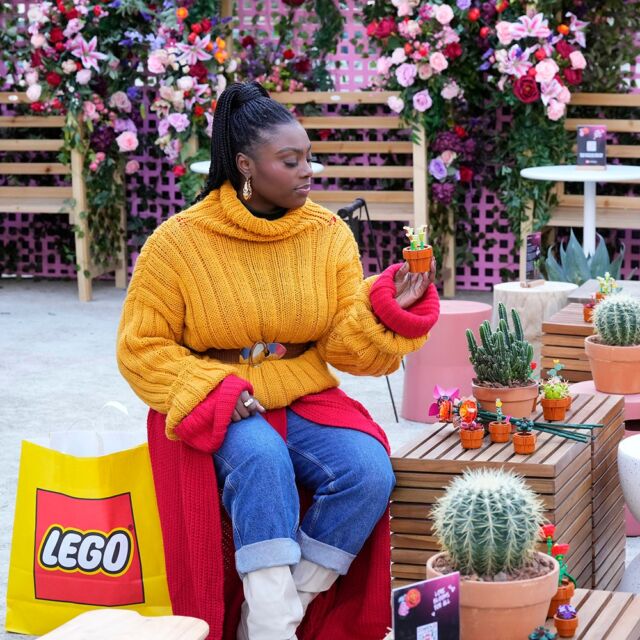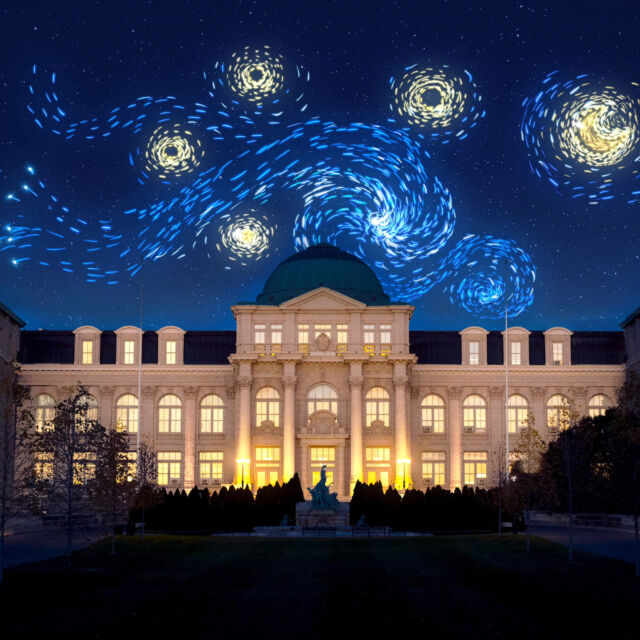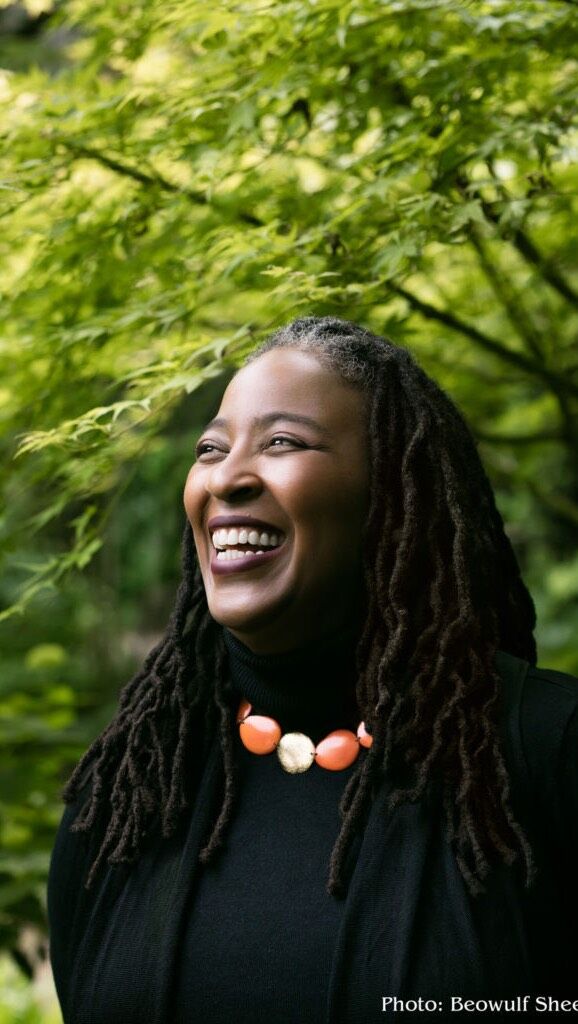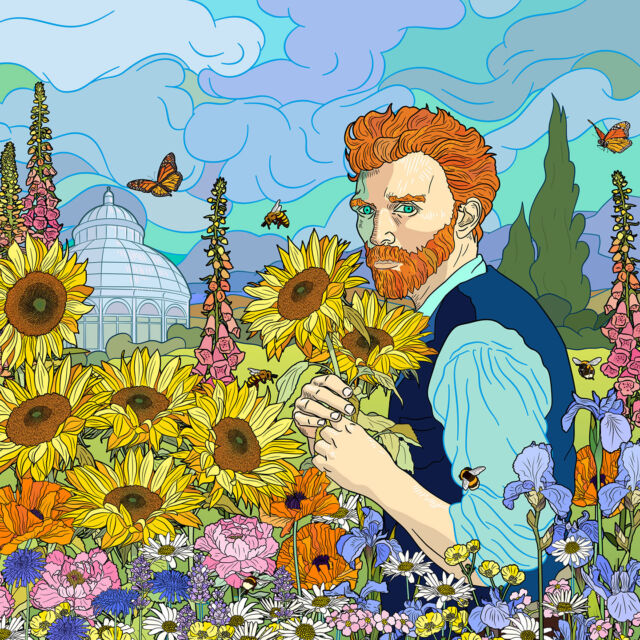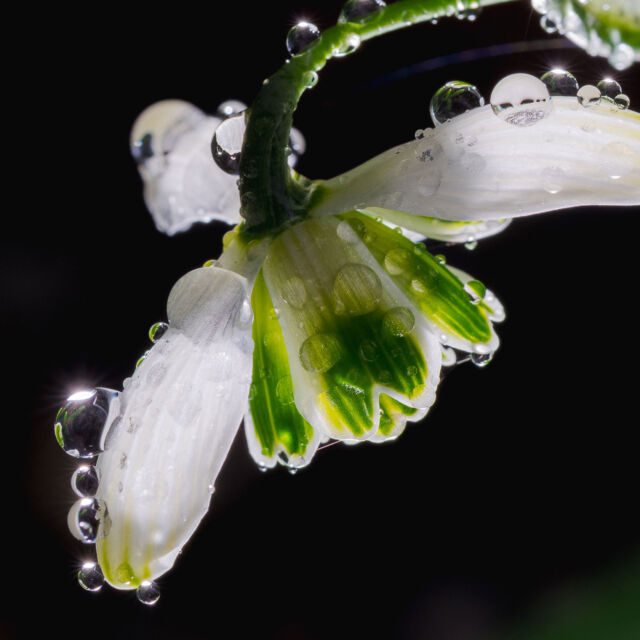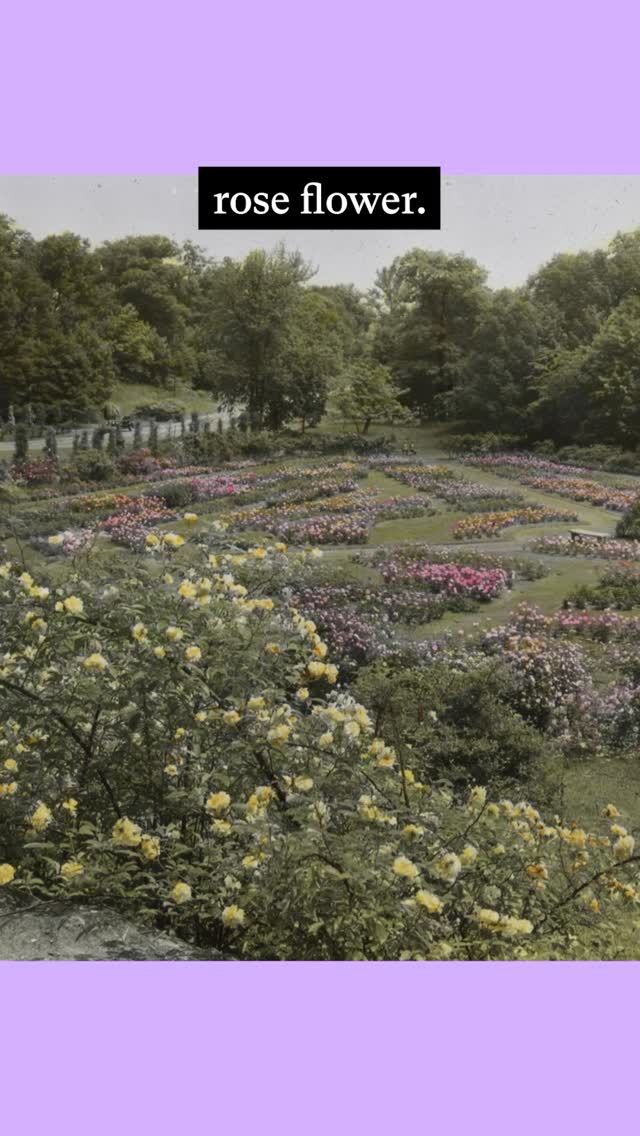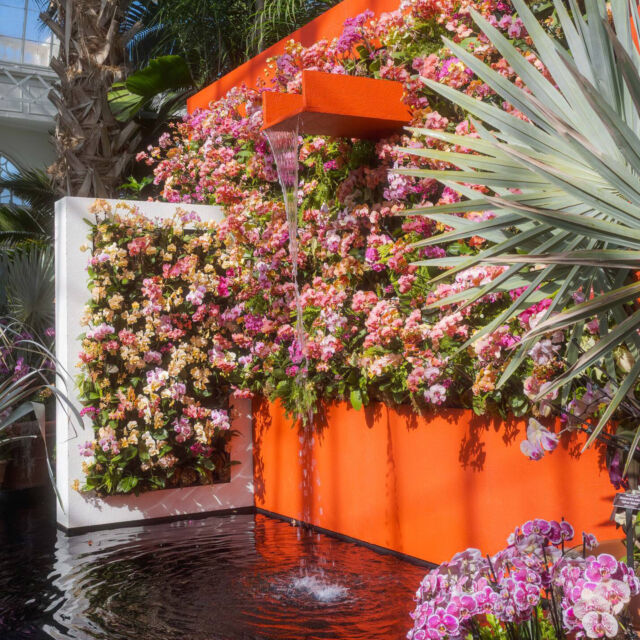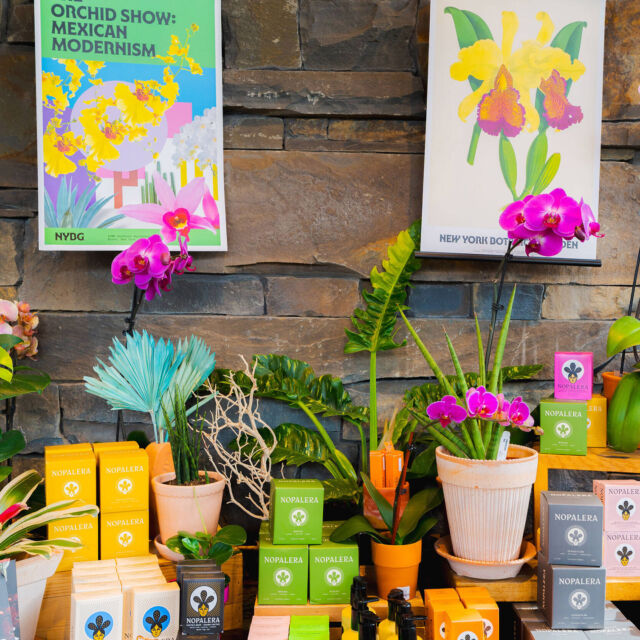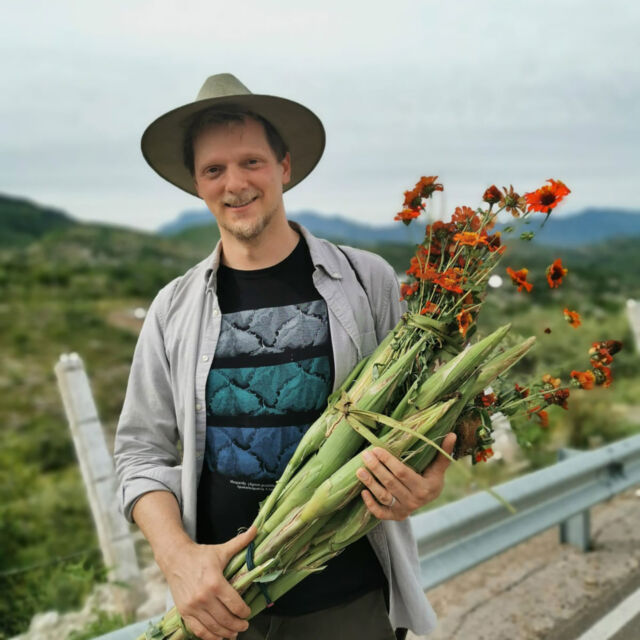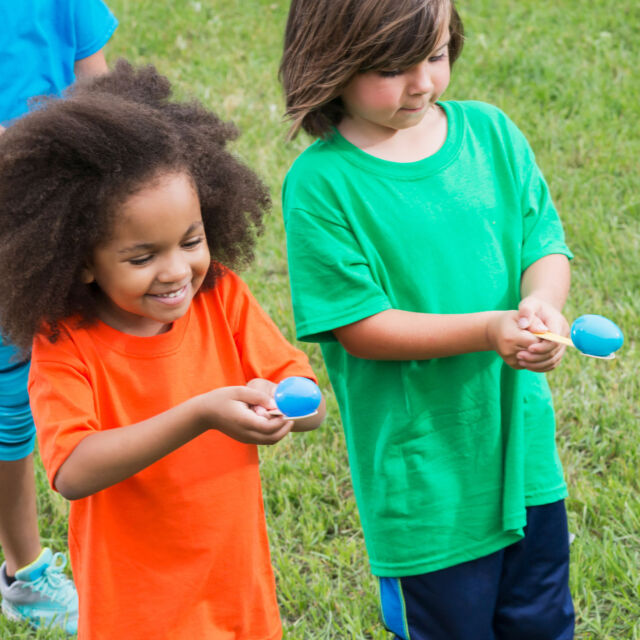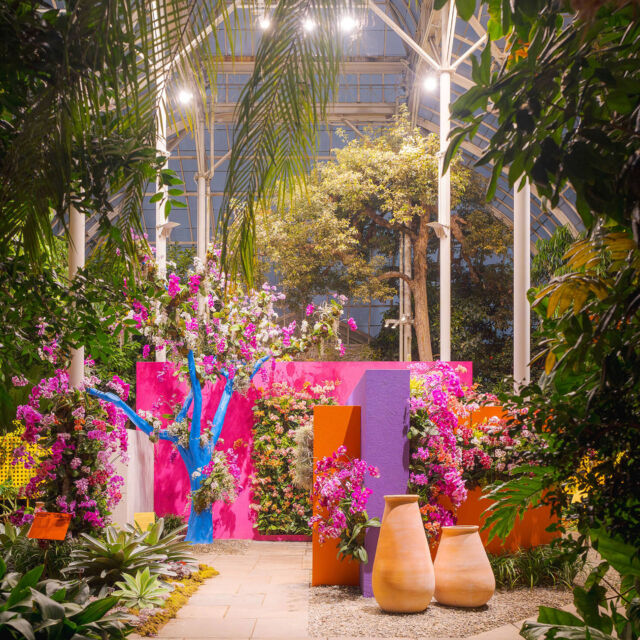Celebrating Disability Pride Month
Helena LaPorte-Burns is the Manager of Public Education (Content) at The New York Botanical Garden.
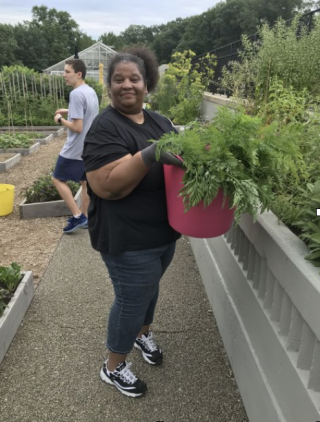
Sophia M. in the Edible Academy
“One of the best things I have done”: The New York Foundling and NYBG Partnership
Listen to an audio recording of this blog post here.
The opening of the Edible Academy in 2018 welcomed a new kind of space at the Garden: a space for encouraging visitors of any age to develop a lifelong interest in gardening, nutrition, food security, and plant science. Through hands-on activities, place-based learning, and interactive programming, the Edible Academy fosters connections among a new generation of environmental stewards from across the five boroughs and beyond. A critical partner in this effort is New York Foundling.
Mia Joshi, Education and Employment Services Coordinator for New York Foundling, says, “The New York Foundling is built on a 150-year-old promise to our neighbors, that all children, adults, and families can have the opportunity to reach their full potential—no matter circumstance or zip code. With an effective and interrelated set of services, we work in partnership with our neighbors who create transformational change. Through our whole-life and whole-person approach: we help children and families navigate through and beyond foster care; we help families struggling with conflict and poverty grow stronger; and we help people with developmental disabilities live their best life.”
When searching for partners, Joshi says that it is important to find organizations that provide inclusive volunteer and work opportunities so that program participants may gain a useful skillset for future careers.
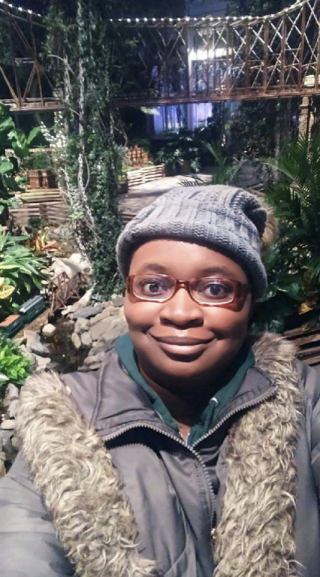
Adeola O. in the Holiday Train Show®
James Vickers, Sr. Director of Volunteer Services & Administration at The New York Botanical Garden, notes, “As we unveiled the Edible Academy, we saw the opportunity to engage more community members through service-learning partnerships with organizations serving people with disabilities. We work with New York Foundling’s program managers to welcome a handful of their day habilitation program participants and their job coaches a few times per month.” The Edible Academy staff, led by Gregory Long Director Toby Adams, teach best practices for organic gardening, general maintenance, propagation, and more to the New York Foundling participants during their visits.
In celebration of Disability Pride Month, we asked New York Foundling participants Sophia M. and Adeola O. to share with us their reflections on spending time at the Edible Academy. Both Sophia and Adeola volunteered in the summer and fall of 2019.
Why did you want to volunteer at a green space?
SM: It is a wonderful place to work at, a very good environment. The flowers blossom and the vegetables grow. Everything we put our hands on grows wonderfully. We work with wonderful people who are very nice to us.
AO: I volunteered at the Garden because it is a great experience to have connection with the environment and the people around me.
What did you like most about being at NYBG?
SM: I liked to plant vegetables, beans, and carrots.
AO: I liked helping out others in need and making sure the Garden there teaches people about environmental changes.
What did you experience when you came to work at NYBG?
SM: At NYBG I experienced how to dig and harvest vegetables, how to plant and nurture the plants as they grow.
AO: My experience was one of the best things I have done because I like to take initiative to support people in need and support the environment of the vegetable garden. I like to see the other volunteers and learn from them and help others.
What are you looking forward to most when you return?
SM: I am looking forward to seeing everyone at the Garden. I am looking forward to staying there to volunteer for a long time. I am looking forward to seeing everyone’s faces.
AO: I am looking forward to seeing the staff at NYBG again.
What types of vegetables did you harvest? What were your favorites to harvest and eat?
SM: I enjoyed harvesting all of the vegetables and eating them, but I liked seeing the flowers the most. I liked picking beans too.
AO: One of my favorites was harvesting beans; those were my favorite food.
What is one thing you learned while at the Edible Academy that you still practice?
SM: I learned to listen to instructions to do things the right way. I helped to grow vegetables and the names of the vegetables. They are helping us to learn and gain employment. I used to get more frustrated but now I can communicate with people better. I don’t feel as stressed.
AO: I still use the knowledge to take care of the environment and the vegetables; you don’t have to always go to the store, you can grow your own vegetables.
What other worksites have you worked at?
SM: Meals on Wheels, Kingsbridge Heights Community Center, Burlington Coat Factory, A House on Beekman.
AO: A House on Beekman, Presbyterian Senior Services, Meals on Wheels, Salvation Army.
Since their time at NYBG, Sophia continues to participate in Pre-Vocational services with the New York Foundling, and Adeola works as an Administrative Assistant while completing her B.A. in Disability Studies. For one of their mentors at the Edible Academy, Brooke Gibbard, the program taught her about the power of this space for connection, learning, and growth. She adds, “There are so many different ways to engage with gardening, both individually and in groups, that relate to our own personal lives and to our larger communities outside of the garden. We sow the beans together in the summer, so it is very nice to come full circle with the plant’s life cycle and save the seeds together at the end of the season; whether for eating or saving for next year’s sowing, it’s a good group task to reflect on where we started, celebrate the work, and look forward to what comes next.”
To learn more about ways to volunteer at the Edible Academy, please e-mail volunteer@nybg.org.You can also check out the webinar Beyond Barriers: Accessing Nature for People with Disabilities or visit our website.
SUBSCRIBE
Enter your email address to subscribe to this blog and receive updates on new posts.
